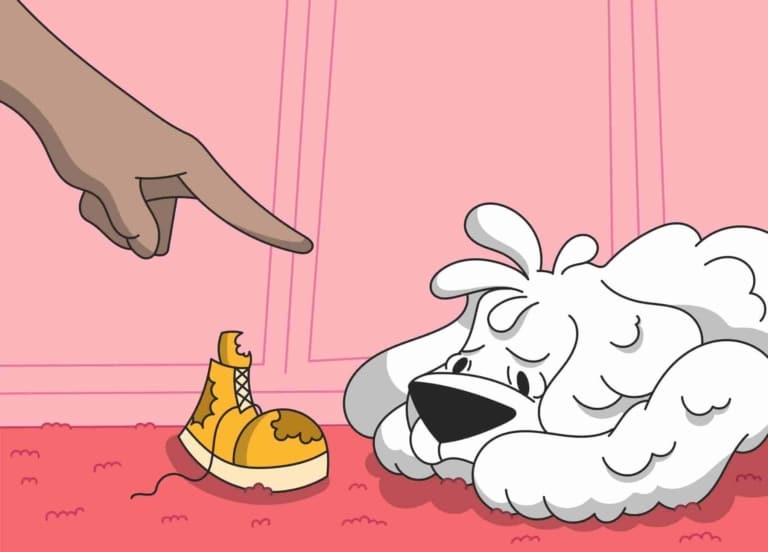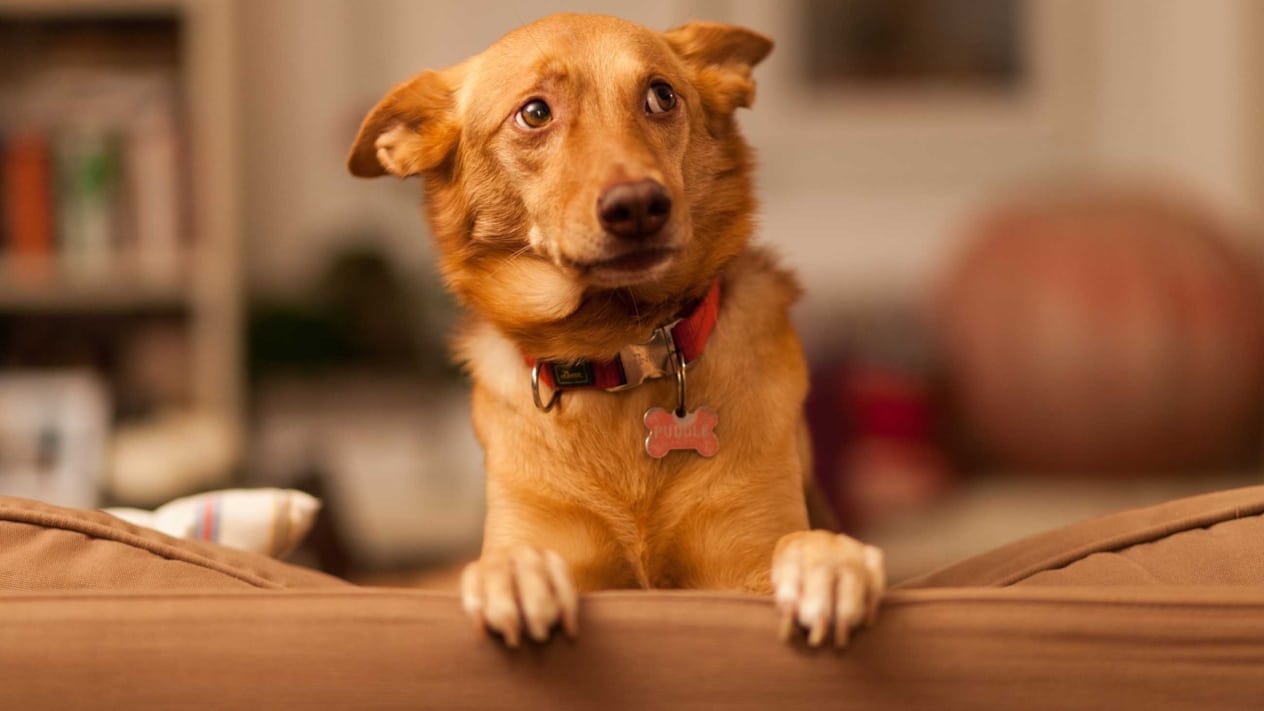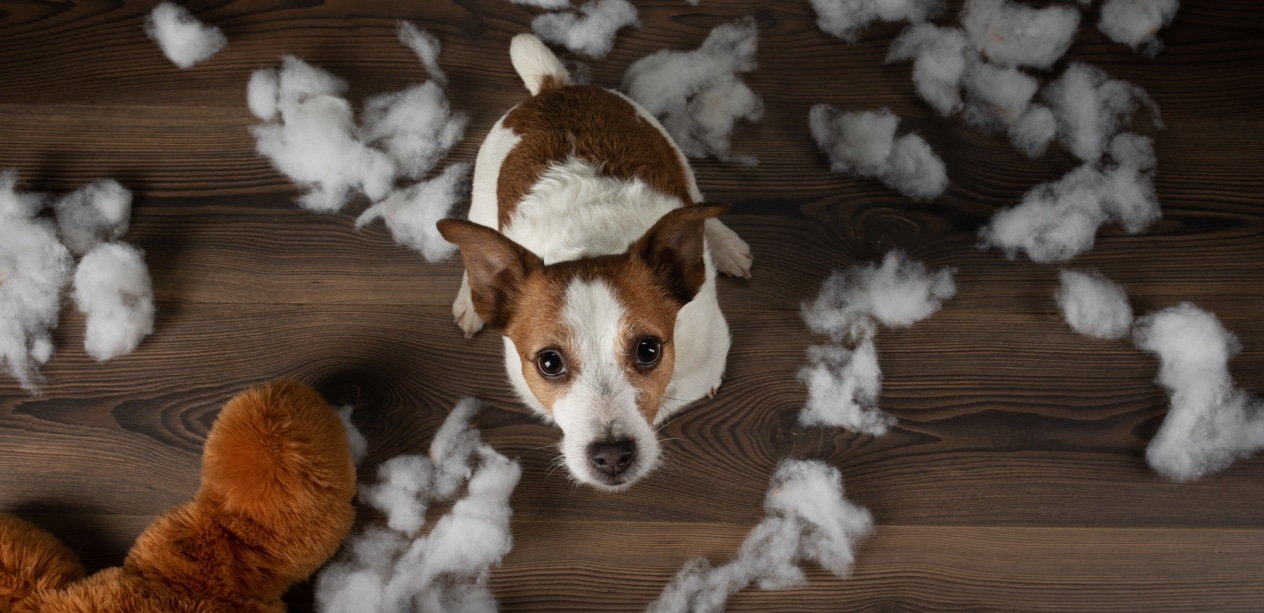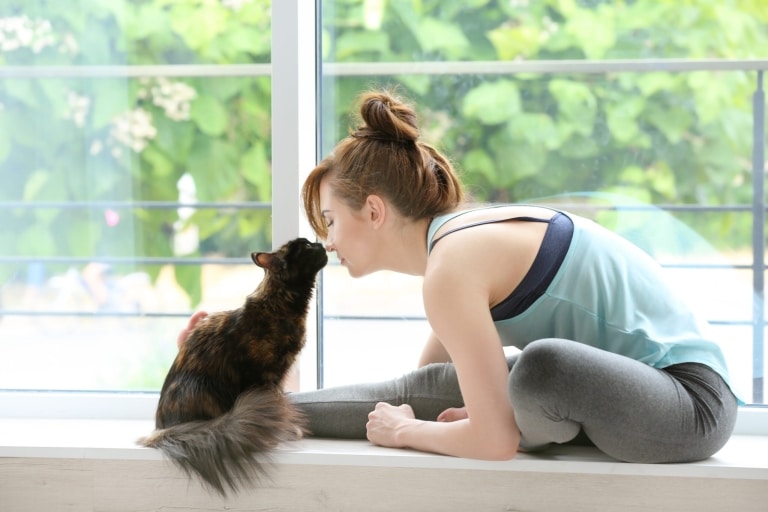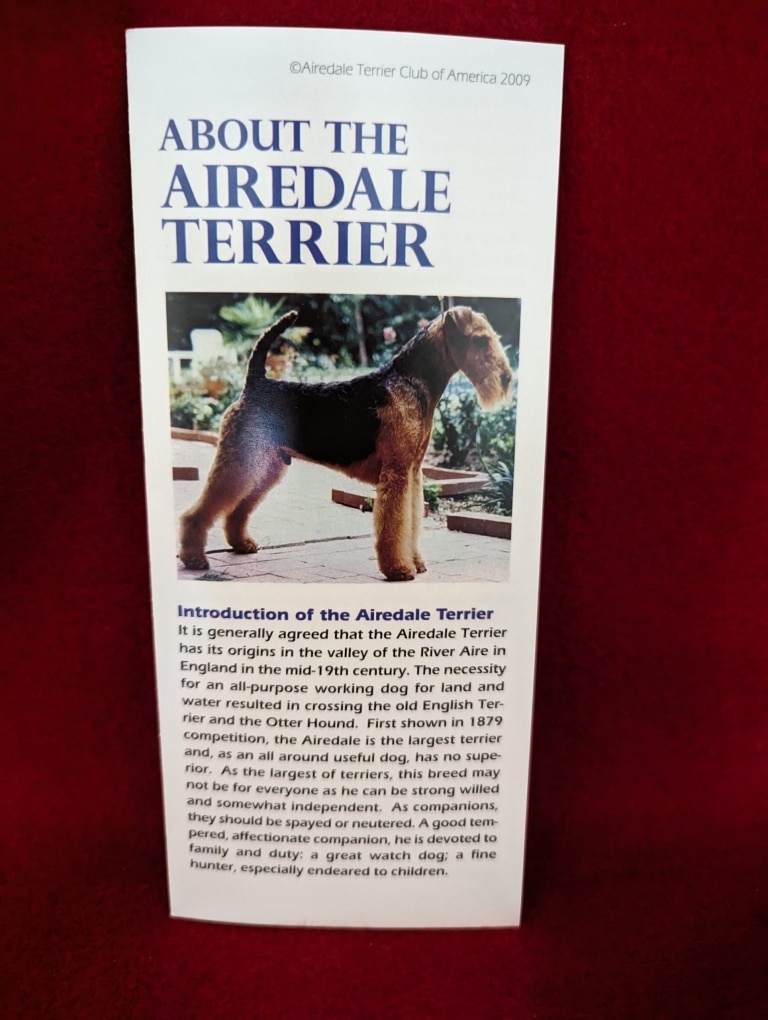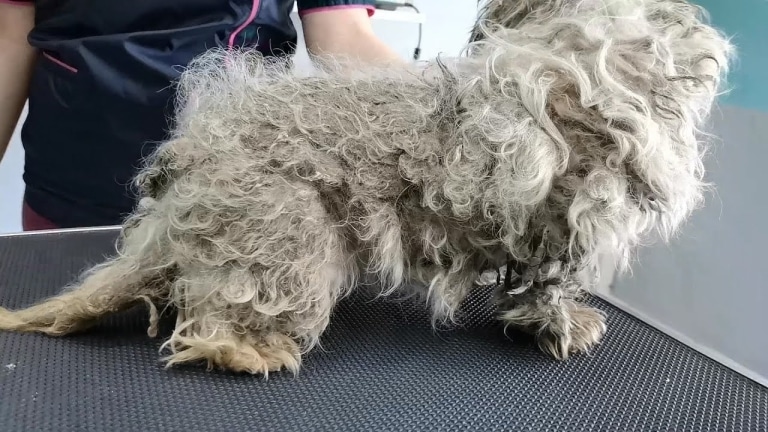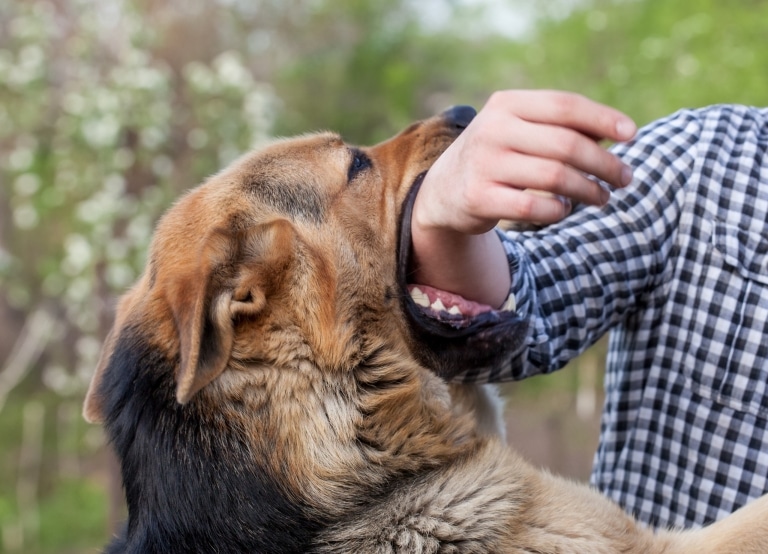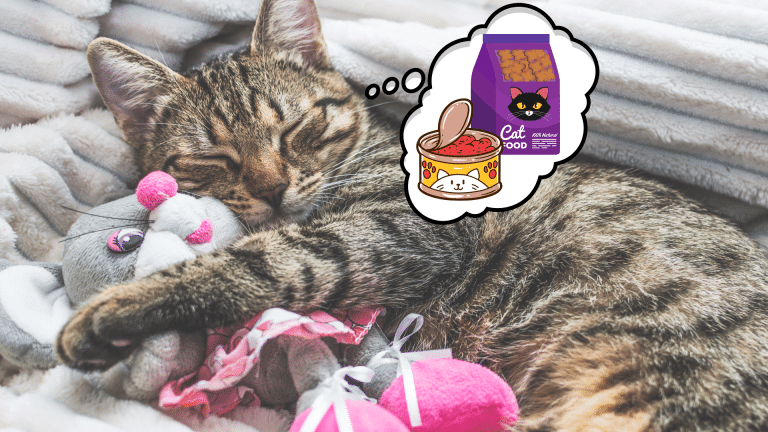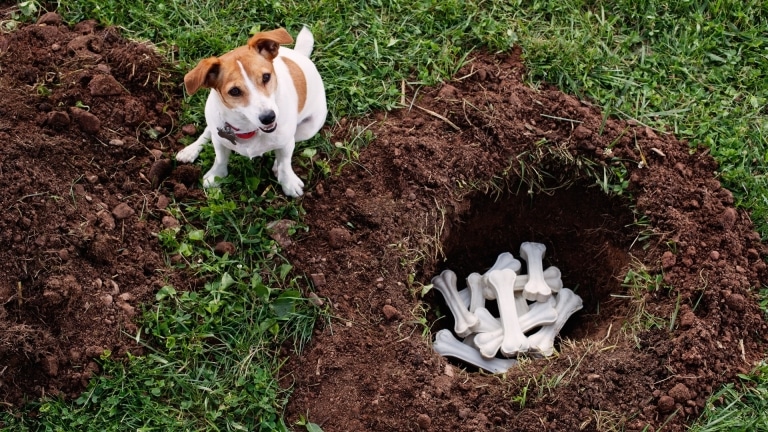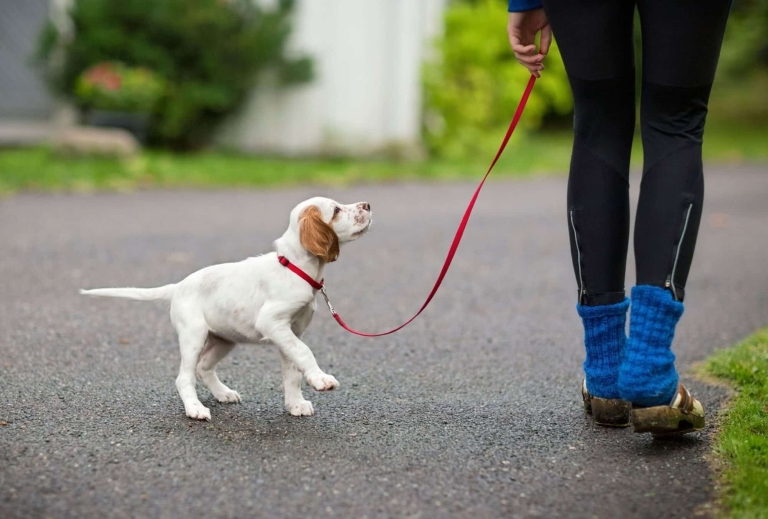Three honest principles of cruelty-free parenting
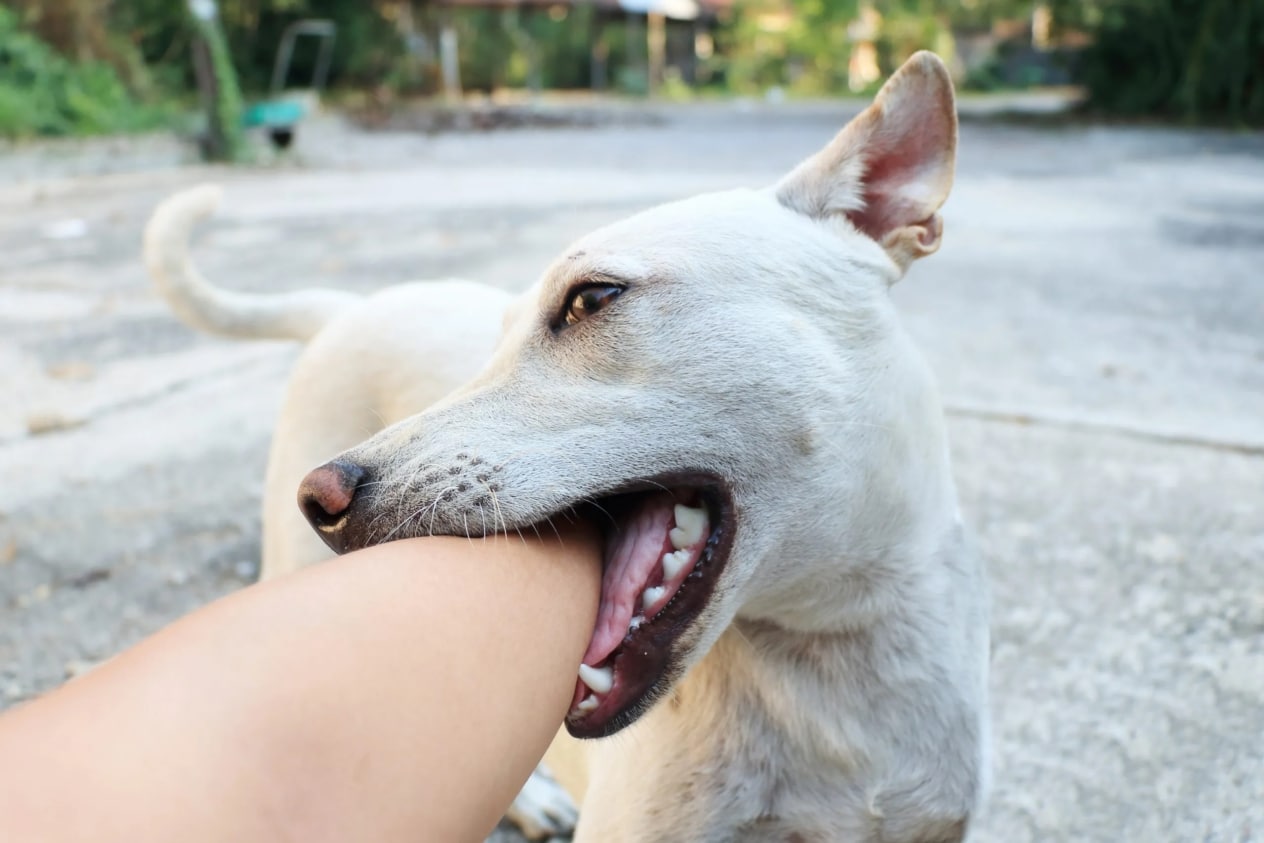
1. Consequences instead of punishments: a clear cause → result system
Dogs don’t understand the concept of “guilt” the way we do. They don’t “do out of spite” or “try their patience”, but simply act according to their own experience, instincts, or…. out of boredom. Therefore, the main task is not to “order”, but to create conditions where every action has logical consequences. For example, if the dog jumps on guests – ignore him or isolate him in another room for a few minutes. The point is not to “punish” but to show, “jumping = end of attention”. She will quickly learn that it is this behavior that deprives her of her most valuable resource – contact with her owner.
Remember: the consequence must be immediate , short and related to the action, otherwise the dog will simply not understand the connection.
2. Ignoring is the strongest weapon for reeducation.
The biggest punishment for a dog is the loss of contact with the owner. If the dog does not obey, provokes or breaks the rules – try the method of “total social isolation”: do not look, do not talk, do not touch. No “Ew!”, no “What are you doing?!” – just complete ignorance for a few minutes. Dogs are social creatures, and when they realize that they are excluded from the “pack”, it works more powerfully than any punishment. But the main thing is not to abuse: the isolation should be short, and then – a chance for “rehabilitation”. It is worth rewarding for the slightest positive shifts: the dog stopped growling, stopped, looked at you – praise and a treat.
3- Clarity, repetition and control of self – not dogs
Most “disobedience” is not a dog’s willfulness, but a lack of structure that is clear to her. Do you allow her to sleep on the bed, but today you don’t? Yesterday you didn’t respond to growling, but today you yell? Such instability negates all training. A dog needs a clear, repeatable environment: one command always means the same thing, the rule does not change depending on the mood. And also calmness. If you yell, slap the butt or react impulsively – the dog will either be scared (which undermines trust) or will start to see it as a game. So instead of “punishing,” it’s better to stop, take a deep breath, and think, “What do I want the dog to do? And how can I reinforce that?”
Conclusion
Real parenting is not punishment, but clear boundaries, predictability and calmness. If the dog “doesn’t obey at all”, then he either hasn’t understood what you want or he doesn’t see you as a stable leader. Don’t hit, don’t yell, don’t humiliate – rather become someone she wants to be reckoned with. And remember: the best discipline is consistency, attention and time.

